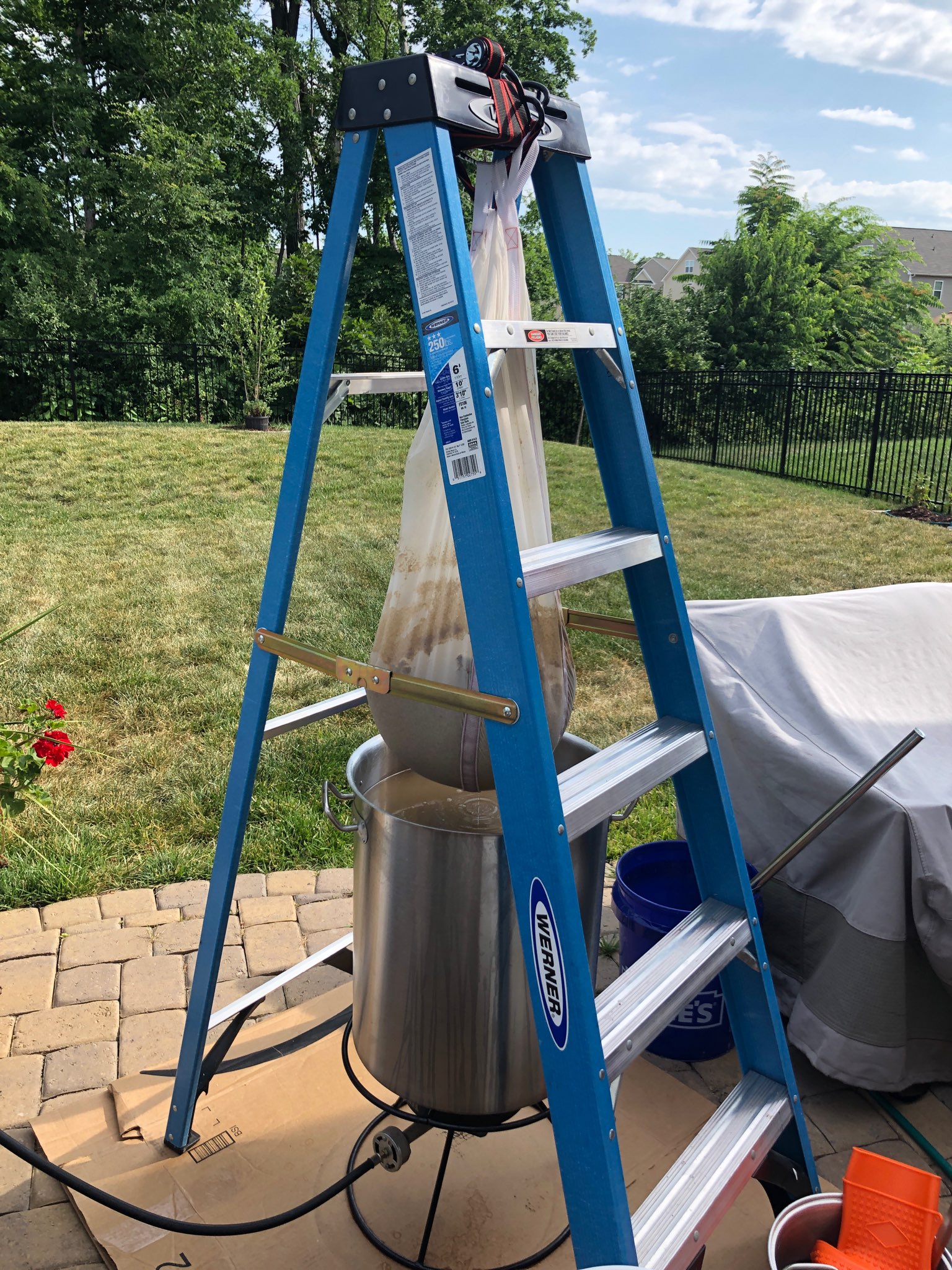Got it... So 8 hours was hyperbole. Understood. Based on the process you've described, I can see how you're looking at a 5-6 hour brew day. I think you can do better.
@kh54s10 has your first time saving tip right here. Batch sparging does
NOT need to be done slowly like fly sparging. Drain the tun at full open. Add water, vorlauf, and drain the tun again at full open. No need to go slowly.
@LittleRiver has time-saver #2. BIAB. No need for the separate mash tun and sparge step. Basically you don't have to sparge at all, so as soon as the mash is complete, you can start the burner for the boil. As mentioned, if you hoist the bag above the kettle, it will continue to drain as your boil kettle gets to temp.
Nah, based on what you've said, I don't think there's a reason to go electric. You mentioned upthread that you were also interested in conserving $$$, so transitioning to an electric brewery doesn't really help accomplish that.
Rather, what I'd do is heat your water right on your propane burner outside in your kettle. Especially if you transition to BIAB, that's where your mash will occur anyway. Those outdoor propane burners are WAY hotter than your stove. If you want to save time [rather than saving propane], use it.
So here would be my proposed process for you:
- Set everything up, fill your BK on the propane burner with the appropriate amount of water and turn on the flame. Given that the heating the water is the slowest part, I'd do the burner first and then set up things like your BIAB hoist, etc.
- While waiting for the mash to heat up, grind your grain, get it into the bag for BIAB.
- BIAB mash for 1 hr. Hoist the bag hanging above the BK.
- Start the burner for the boil. Assume 20-30 minutes to get to boil.
- 60 minute boil.
- Try to improve your chill speed. One tip is to move the chiller around in the kettle constantly to agitate the water. Another is that your pump pushing the ice water may not be very strong. It might actually be better to just use the hose if your house has good water pressure (ice in the chiller is most important for that last bit of chilling to pitching temps--not the early stuff to bring it from boil to 120).
- As mentioned above, if you can modify your boil kettle to have an outlet on the bottom and a ball valve, you can get the wort into the fermenter much more quickly rather than taking that time to rack it.
- Get it into the fermentation chamber and let the chamber bring it from 120ish down to pitching temps.
That's basically 3 hours, plus chill time [and hopefully you can get that improved to be better than 1 hour].
I think
@LittleRiver had his target at 3:40 completely from start to finish. I think that's a valid target for you to shoot for. And to the extent that you can get some setup/grinding grain/etc done the night before, you might squeeze a bit more time out of it.













































![Craft A Brew - Safale BE-256 Yeast - Fermentis - Belgian Ale Dry Yeast - For Belgian & Strong Ales - Ingredients for Home Brewing - Beer Making Supplies - [3 Pack]](https://m.media-amazon.com/images/I/51bcKEwQmWL._SL500_.jpg)














